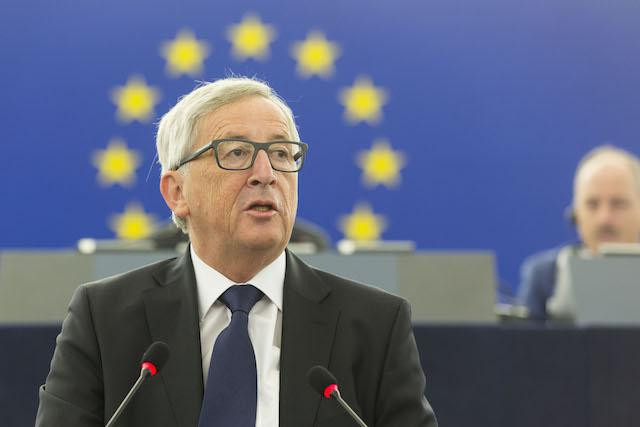In a statement published on 2 May 2018, the commission described the budget as, “…an honest response to today's reality in which Europe is expected to play a greater role in providing security and stability in an unstable world, at a time when Brexit will leave a sizeable gap in our budget.” The budget arrives at a crucial time for the European Union as the UK’s exit approaches.
This explains why the proposed budget breeches the previously set cap of 1% of the union’s gross national income (GNI). It calls for increased payments from the wealthiest countries as well as cuts to agriculture subsidies and cohesion spending, which account for 40% and 33% of the current budget expenditure respectively.
According to the commission statement, “Today's proposal responds to this twin challenge through cuts to expenditure and through fresh resources in equal measure. Funding for the Union's new and main priorities will be maintained or reinforced, which inevitably means some cuts in other areas. With the stakes so high, it is time to act responsibly. Today's budget proposal is therefore both focused and realistic.”
Jean-Claude Juncker, president of the European Commission said it was an important moment for the EU. "The new budget is an opportunity to shape our future as a new, ambitious Union of 27 bound together by solidarity. With today's proposal we have put forward a pragmatic plan for how to do more with less.”
He warned that favourable economic conditions do not mean the EU can be complacent. “The economic wind in our sails gives us some breathing space, but does not shelter us from having to make savings in some areas. We will ensure sound financial management through the first ever rule of law mechanism. This is what it means to act responsibly with our taxpayers' money.”
Junker dsays the ball is now in the court of Parliament and Council. "I strongly believe we should aim to have agreement before the European Parliament elections next year.”
For further information and background click here.
Facts & figures:
- The Commission has proposed a long-term budget of €1.135 billion for the period from 2021 to 2027,
- This is the equivalent of 1.11% of the EU27's gross national income (GNI),
- This level of commitment translates into €1.105 billion (or 1.08% of GNI) in payments.
- This includes integration into the EU budget of the European Development Fund--the EU's main tool for financing development cooperation with countries in Africa, the Caribbean and Pacific, and which to date is an intergovernmental agreement. Taking into account inflation, this is comparable to the size of the current 2014-2020 budget (including the European Development Fund).
- Current levels of funding need to be increased to meet investment in new areas such as research and innovation, young people, the digital economy, border management, security and defence will contribute to prosperity, sustainability and security in the future. For instance, the budget of Erasmus+ and the European Solidarity Corps will be doubled.
- The commission says it has also critically examined where savings can be made, and efficiency improved. It is proposing that funding for the Common Agricultural Policy and Cohesion Policy is moderately reduced--both by around 5%--to reflect the new reality of a Union at 27. These policies will be modernised to ensure they can still deliver with less and even serve new priorities. For example, Cohesion Policy will have an increasingly important role to play in supporting structural reform and in the long-term integration of migrants.
